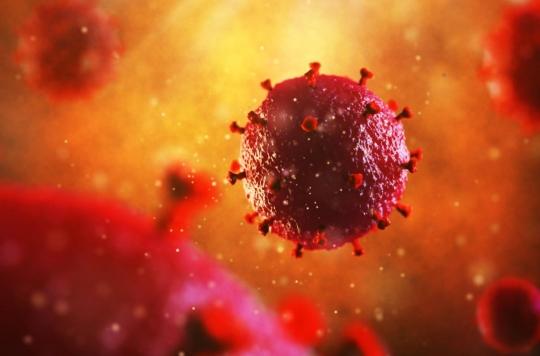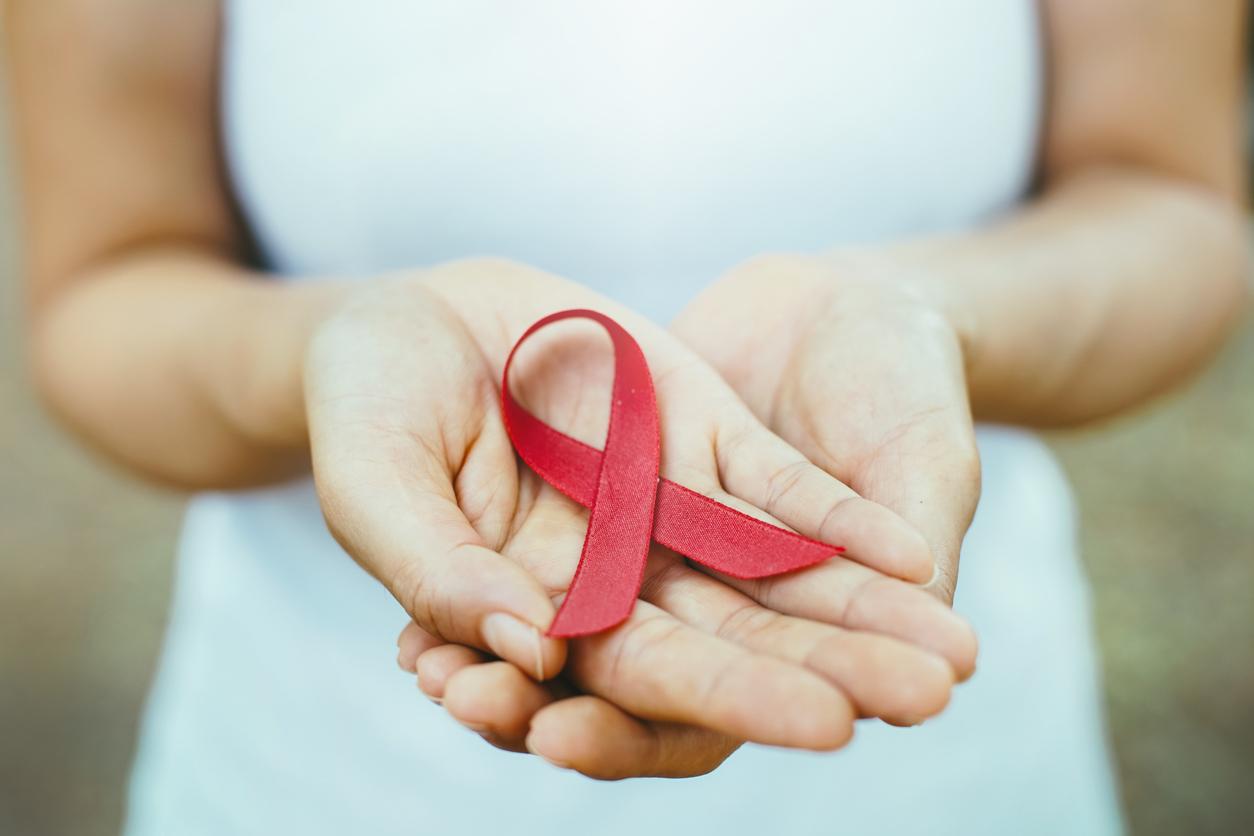The product elicited an immune response in 97% of study participants. This allowed the production of immune cells, making it possible to generate antibodies against the virus.

- Early clinical trials of an HIV vaccine have shown promising results
- This vaccine stimulates broad-spectrum neutralizing antibodies
- The goal is to eventually produce a messenger RNA vaccine
This is an important step in HIV research. A team of American scientists publishes the conclusive results of their phase I clinical trial, intended to test the effectiveness of a vaccine against AIDS. The research was conducted by the Scripps Research Institute, a biomedical research center located in the United States, and the IAVI, the International AIDS Vaccine Initiative, an association whose objective is to accelerate the development of vaccines.
Stimulate specific immune cells
48 adults were recruited for this clinical trial, on a voluntary basis: half of them received two doses of vaccine, the other part of the group received a placebo. 97% of participants who received the vaccine had an immune response after the injection: in them, the production of rare immune cells was stimulated by the product. These cells are needed for the body to make specific antibodies to fight HIV, called broad-spectrum neutralizing antibodies or bnAbs. “We’ve long postulated, along with others, that to generate bnAbs, you first need to activate the right B cells (immune cells, editor’s note), cells that have special properties that give them the potential to transform into B cells, producing BnAbs“, details William Schief, immunologist. The vaccine designed by the researchers is able to stimulate the right B cells.
Hope for other viruses?
“We believe this approach is the key to creating a vaccine against HIV, but also potentially other vaccines against other viruses.“, he adds. For him, this concept could be used to design vaccines against influenza, dengue fever, Zika or even malaria. “This is an extraordinary achievement for vaccine science as a whole“, underlines Dennis Burton, scientific director of the IAVI. For the scientists, the next step will be to first advance on this vaccine against HIV. They will start a collaboration with the company Moderna, to develop a vaccine with messenger RNA that replicates this same approach, in order to stimulate the production of bnAbs cells. Further clinical trials are awaited, and their success would be a revolution for science.”HIV, which affects more than 38 million people worldwide, is known to be one of the most difficult viruses to target with a vaccine, largely because it is constantly evolving to evade the immune system.“, underline the researchers.

.

















